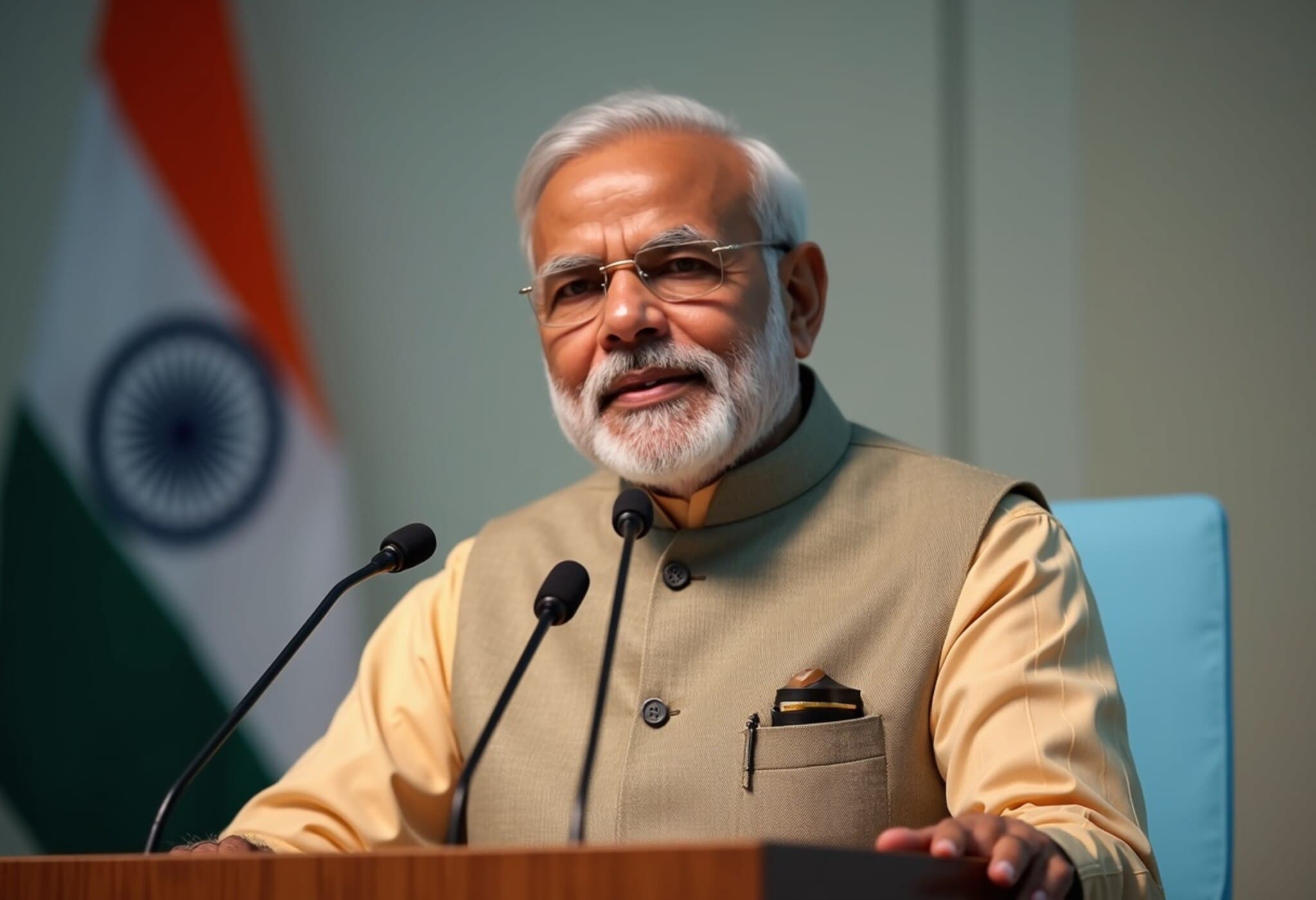An Engineer's Double Life Reveals Silicon Valley's Hustle Culture Dilemma
The tech community is buzzing after news emerged of an engineer working simultaneously at multiple Silicon Valley startups. This unusual story highlights the pressures and pitfalls of extreme hustle culture prevalent in the tech industry.
The Story Behind the Scandal
Soham Parekh, a software engineer from Mumbai, recently came under scrutiny for juggling employment at 3-4 startups concurrently. Playground AI's founder publicly revealed Parekh’s double-dealing, warning other companies to beware after firing him within his first week.
Other founders quickly chimed in, sharing similar hiring experiences and subsequent dismissals. One startup, for example, ended Parekh’s engagement after recognizing his multi-job commitments from inconsistent availability and work output.
Despite outreach requests, Parekh declined to give interviews but later admitted in a public discussion that he had indeed worked several jobs simultaneously, citing desperate financial need and extreme work hours exceeding 140 hours per week.
The Broader Trend: More Than Just One Engineer
Parekh’s case is far from isolated. Remote work's rise and economic uncertainty, especially during the Covid-19 pandemic, have driven many tech professionals to moonlight across multiple roles. Forums dedicated to managing multiple jobs have sprung up, reflecting a widespread yet often hidden practice.
Industry experts point out that remote working flexibility enabled such behavior, allowing some employees to take on multiple roles under the radar. This trend has been notably visible in India’s IT sector, where moonlighting has surged by 25-30% in recent years, often driven by low wages and flexible schedules.
Hustle Culture Reaches a Breaking Point
Experts warn that Parekh’s grueling hours and secret juggling act exemplify the extreme end of hustle culture — a toxic obsession that equates personal performance with self-worth, often at the expense of well-being. This culture prioritizes output over loyalty, soft skills, or sustainable work habits.
It's common for technical recruitment to focus primarily on skills, overlooking team commitment and reliability until problems surface.
Such pressure leads to predictable burnout, with workers forced into unhealthy demands. The widespread glorification of overwork fosters environments where exhaustion is mistakenly celebrated as a badge of honor.
The Impact on Workplace Culture and Future of Flexibility
Concerns arise over how this behavior could jeopardize the flexible work models many companies embraced during the pandemic. Leaders fear reckless multitasking and deception might diminish trust and lead to stricter, less accommodating policies.
These changes could disproportionately affect vulnerable groups such as women and people with disabilities who especially benefit from flexible arrangements.
Balancing Productivity and Well-Being
The debate extends beyond individuals to how startups and investors approach work culture. While some push for relentless schedules to stay globally competitive, many warn that excessive workloads undermine long-term productivity and morale.
The need for balance is clear: fostering commitment and passion without sacrificing health or ethical boundaries.
Key Takeaways
- Multiple job-holding among tech professionals reflects financial pressures and evolving work norms.
- Extreme hustle culture equates identity with output, often causing burnout and ethical issues.
- Remote work's flexibility can enable but also complicate employee accountability.
- Companies risk losing progressive flexible policies if abuses become widespread.
- Sustainable success demands valuing both technical skills and personal commitment.
The tale of Soham Parekh serves as a cautionary lens on the consequences of unchecked hustle culture — urging both workers and organizations to reassess where dedication ends and overreach begins.



















